

the only social skill you'll ever need
The quality of your social life depends on your ability to be congruent.
This means what you think and say are aligned. Being incongruent means you think one thing but say another.
For example:
- Incongruence = deep down you don't actually want to go to the cinema with your friend because you'd much rather go to a restaurant. But when he calls you to confirm whether you still want to go to the cinema you lie and say yes.
- Congruence = you saying "you know what, I don't actually want to go to the cinema anymore, let's go to a restaurant instead".
If you continue to live in incongruence, soon enough you'll hate yourself so much you won't be able to trust anything you say. Not to mention others will never be able to trust you. However, if you live in congruence you'll stand firm in your word and others will be able to trust you more. Life is better when you're living in congruence.
So over the next week just practice it.
If you want to say no to something, say no. And see what happens.
If you disagree with what your date has just said, tell them. And see what happens.
The next time someone asks you how you are and you're not feeling too great, tell them. Or just let them know what's happened within the last 30 minutes of your life. And see what happens.
But what will happen?
Well, maybe a better question is "what won't happen?"
The world won't end.
You won't die.
People will respect, appreciate and trust you more.
Choose congruence.
Go deeper...
The idea of congruence comes from the notorious Canadian therapist Carl Rogers.
He popularised the humanist movement back in the 60s/70s which promoted the idea that the therapist serves their patient best when they work with the patient to help them uncover their answers with great listening skills, much like a soundboard, rather than giving advice. People already have the answers, the idea went, they just need someone to help uncover those answers.
He wrote a superb book called on becoming a person in which he speaks a lot about congruence. Here are some quotes from the book and notes I made while reading it that you'll appreciate...
Congruence:
- The unification of awareness, communication e.g. an infant.
- Non-congruence = a man who gets angry and says he's not angry.
- The process/state of having your emotions and feelings available to you - and being them without falsity.
- No one ever "achieves" congruence, but our striving for it aids the relationship.
- Incongruence = radio presenters.
With the incongruent:
- We wonder what they're feeling and are unable to connect.
- With the congruent we know what they're feeling.
- Congruence = clear communication.
The 3 qualities a great therapist needs:
1.) Congruence
2.) Unconditional positive regard
3.) Empathic understanding
- Then defensiveness decreases and both individuals become therapeutic to each other.
Always preface potentially dangerous material:
- We're not always congruent about everything.
- So if you bring up a topic about which the other person feels incongruent, defensiveness increases and communication is blocked.
- Hence always label when unsure ("it seems like, it looks like, it feels like...").
- Example of incongruence = a lady listening to you who yawns and you ask "are you tired" and she says "no no, I'm fine, sorry, you were saying...?".
Quote on congruence:
- "The greater the congruence of experience, awareness and communication on the part of one individual, the more the ensuing relationship will involve: a tendency toward reciprocal communication with a quality of increasing congruence; a tendency toward more mutually accurate understanding of the communications; improved psychological adjustment and functioning in both parties; mutual satisfaction in the relationship."
- "Each person is an island unto himself, in a very real sense; and he can only build bridges to other islands if he is first of all willing to be himself and permitted to be himself."
Being genuine:
- "Being genuine also involves the willingness to be and express, in my words and my behaviour, the various feelings and attitudes which exist in me."
- Following on from this quote...
- We do so by fostering the same relationship with ourselves - and our relationships with others is permitted by our self-relationship.
- We won't always succeed 100% but this is our goal. And although it can be painful, if can be deeply enriching.
"The degree to which I can create relationships which facilitate the growth of others as separate persons is a measure of the growth I have achieved in myself."
The more I allow myself to be myself, the more I'm able to permit you to be yourself - in whatever way that is.
The process of becoming a person:
1.) Move away from facades
2.) Move away from 'oughts' and 'shoulds'
3.) Move away from meeting expectations
4.) Move away from pleasing others
5.) Move toward self-direction:
"Freedom to be oneself is a frighteningly responsible freedom, and an individual moves toward it cautiously, fearfully, and with almost no confidence at first."
You make choices & face the consequences
6.) Move toward being a process:
You stop looking for absolutes, and definite conclusions
You become a changing process and accept, somedays you'll be different
"An existing individual is constantly in process of becoming... and translates all his thinking into terms of process. It is with (him)... as it is with a writer and his style; for he only has a style who never has anything finished, but 'moves the waters of the language' every time he begins, so that the most common expression comes into being for him with the freshness of a new birth." Soren Kierkegaard
7.) Move toward being complexity
A colleague came to Rogers after dealing with a tough client
He was struggling with his feelings of annoyance towards his client
Rogers said - if you just allow yourself to feel everything and express that with no facade, all will go well
8.) Move toward acceptance of others
You don't complain a rock is hard or water is wet, so it is with humans
9.) Move toward trust of self
"You mean, if i really be what I feel like being, that that would be alright?!"
10.) Allow yourself to reveal yourself
The minute you tell yourself what you are - you're at war with yourself
Because who you are is revealed
You have to let yourself be and watch what you do
You start to see your patterns
Then you see the jigsaw picture but you don't have it all together
Hence autonomy to feel feelings is key for self-discovery
11.) Don’t do anything behind closed doors
Psychological health:
- Is improving your inner communication with yourself
- Making the unconscious = conscious
- "The good life, from the point of view of my experience, is the process of movement in a direction which the human organism selects when it is inwardly free to move in any direction."
Who knows, maybe that's sparked some thought for you. Either way I wanted to keep it short and sweet this week as we've covered some pretty dense topics over the past weeks and I want to respect your time.
Hope your week is going well, if not, no worries.
Thanks for reading.
Until next week,
Lew
tHURSDAY'S THERAPY
Join 10,000+ improving their mental health & social skills 1 Thursday newsletter at a time
Happy to have you here!
try refreshing the page and trying again!




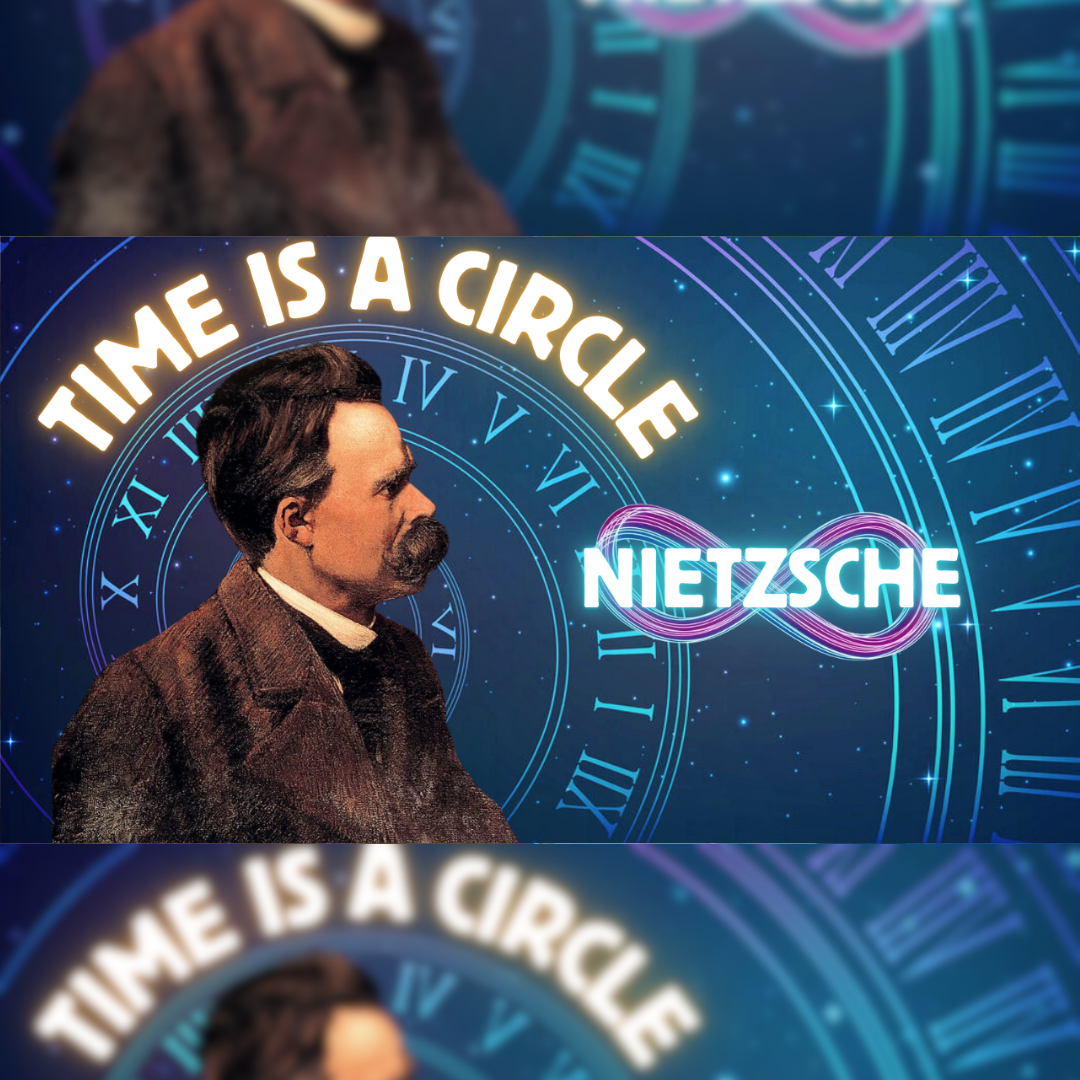
.png)
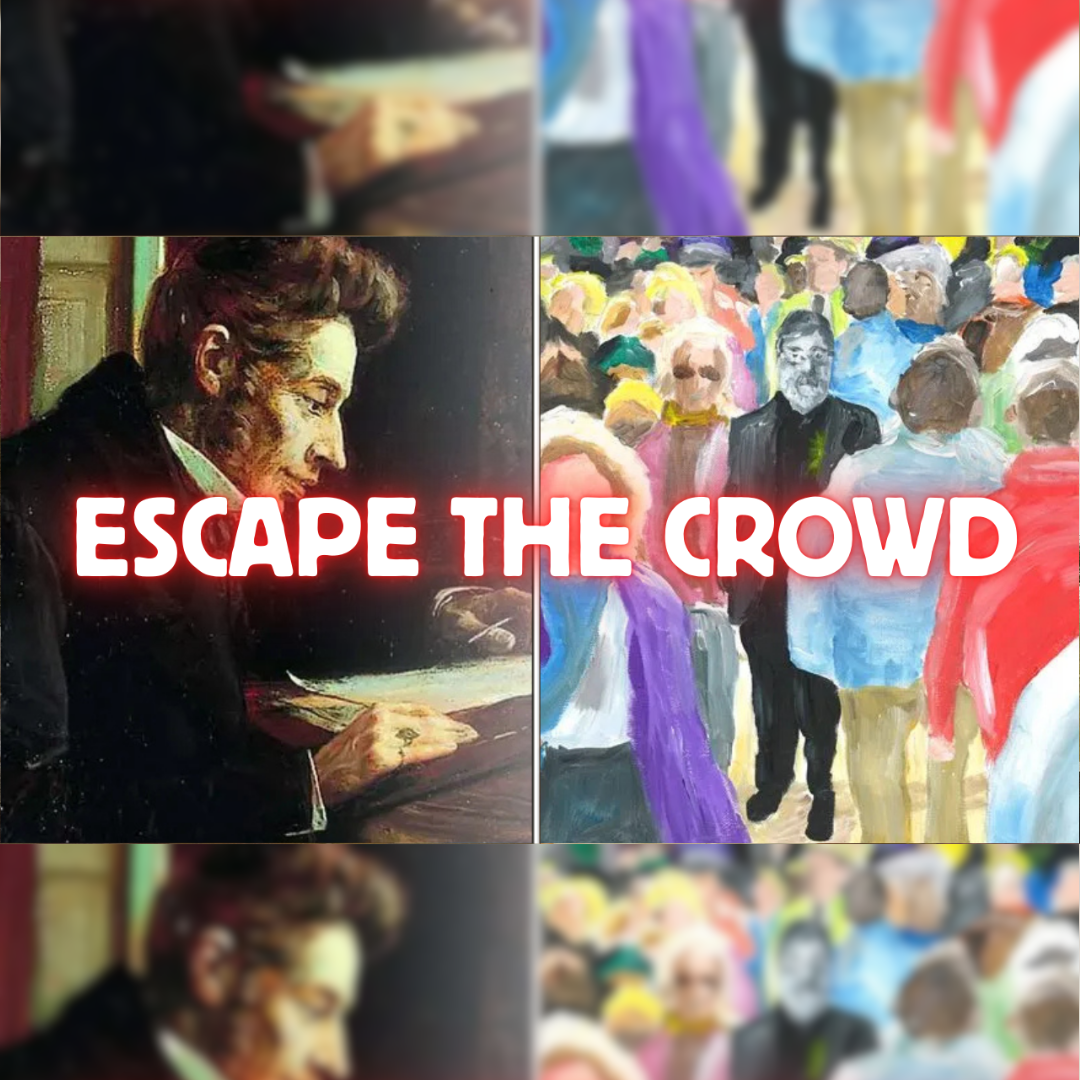
.png)
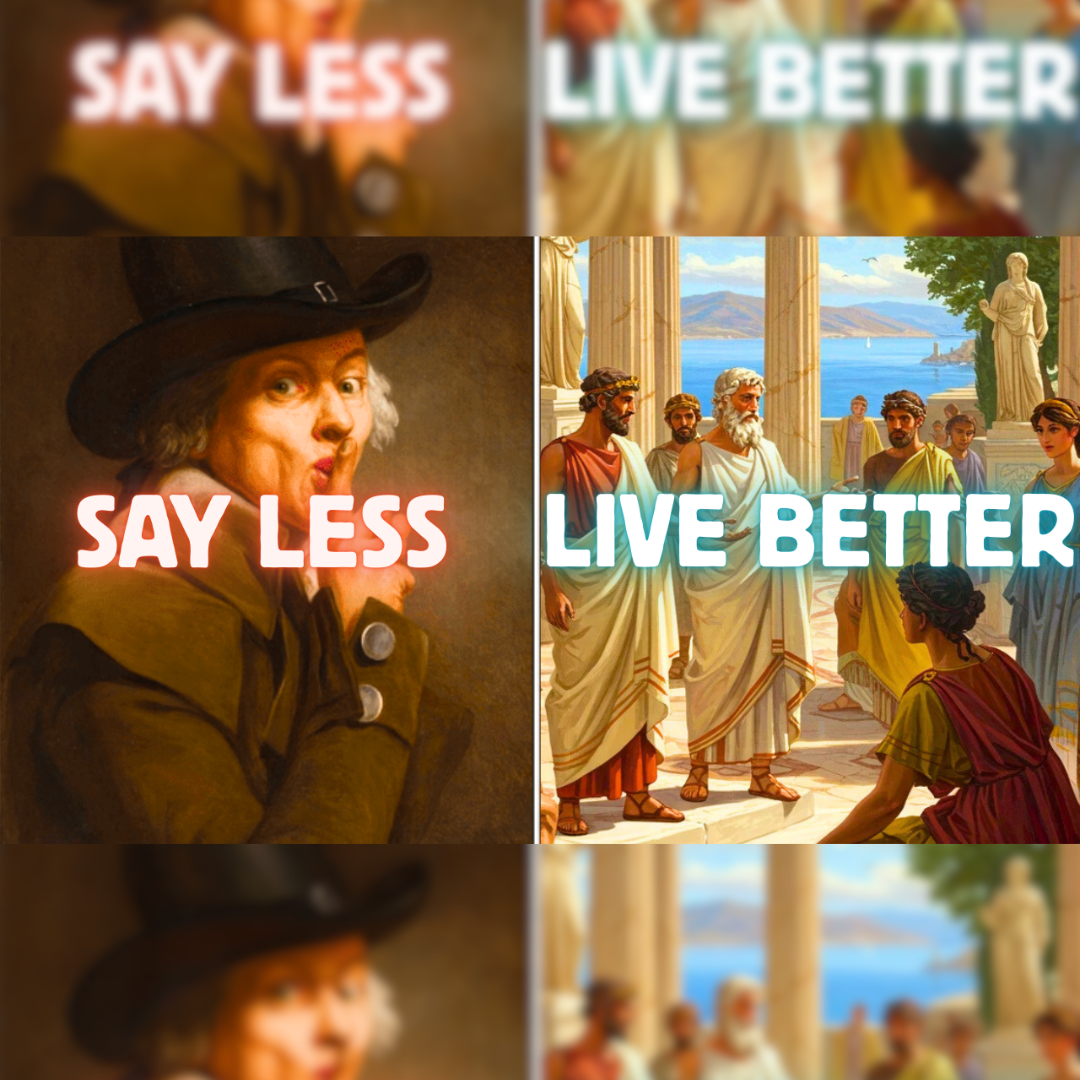

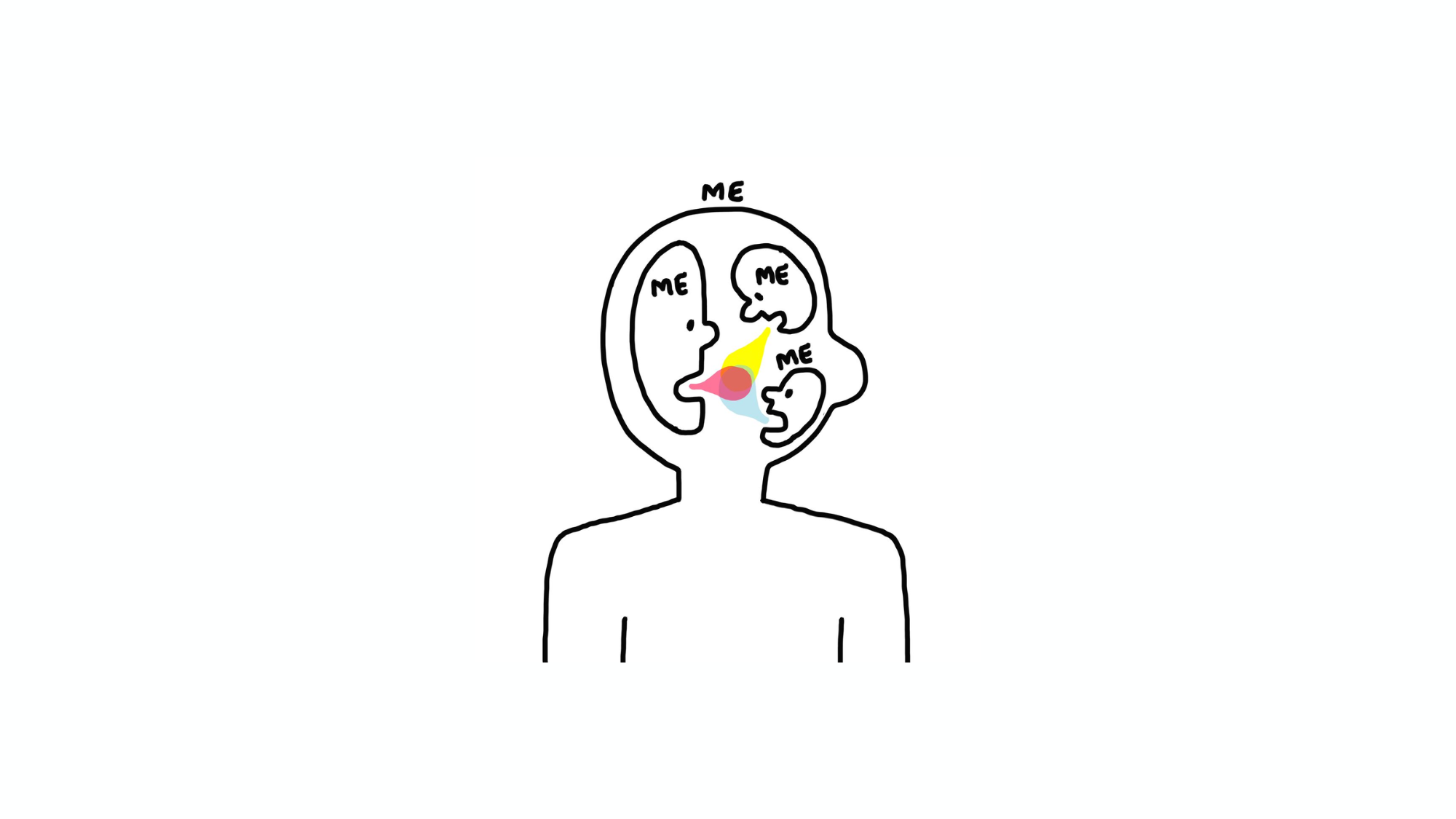
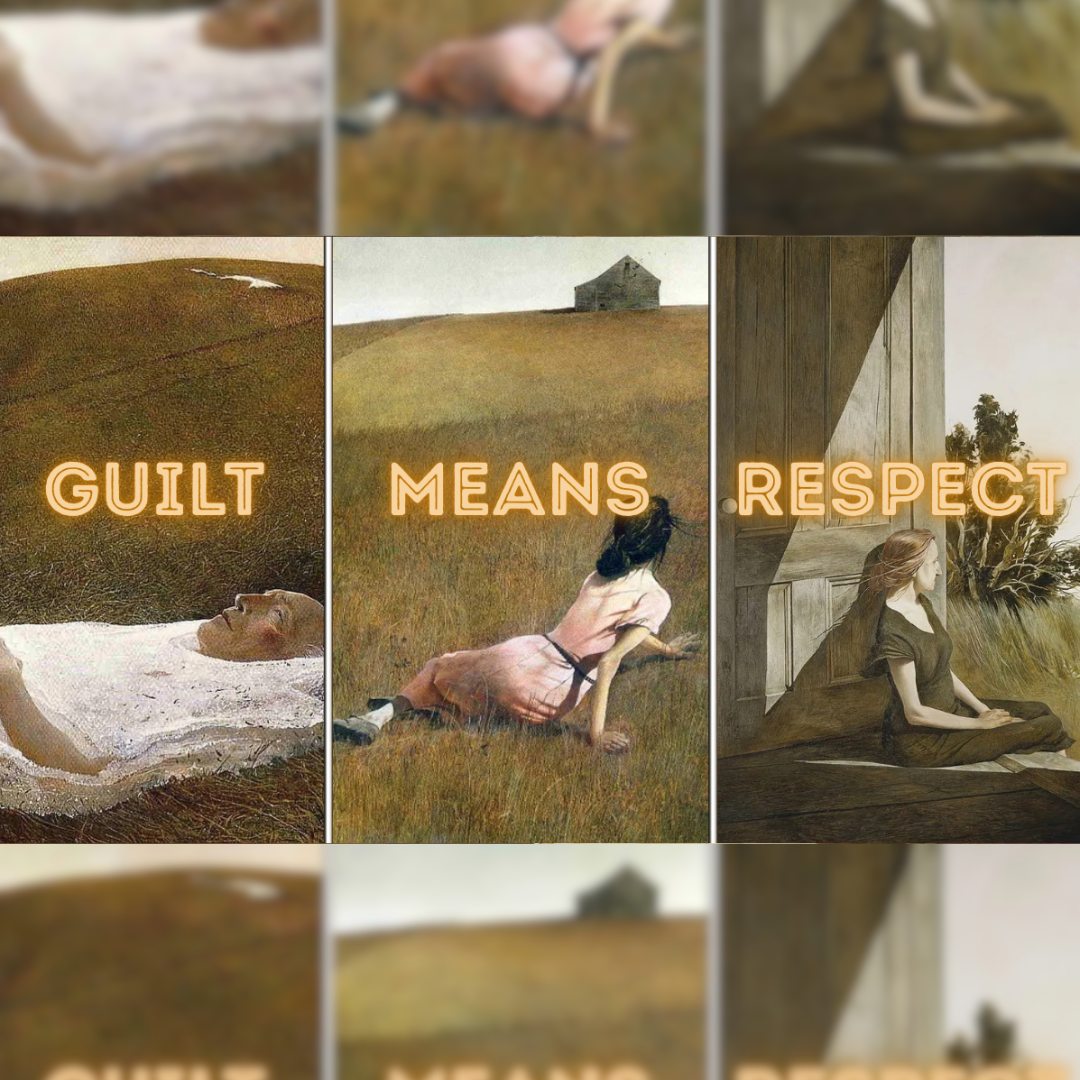
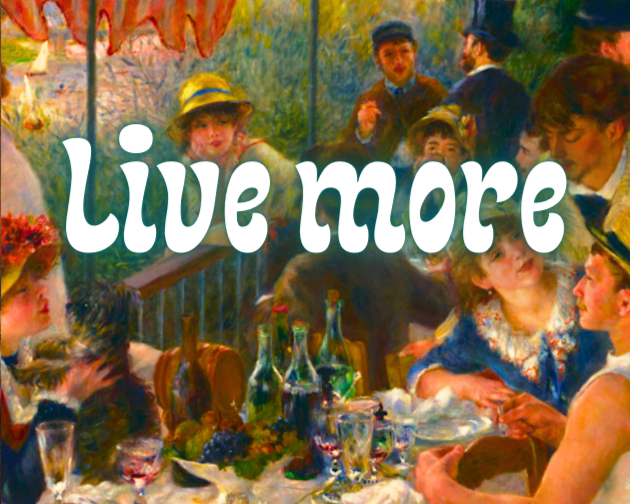





.png)